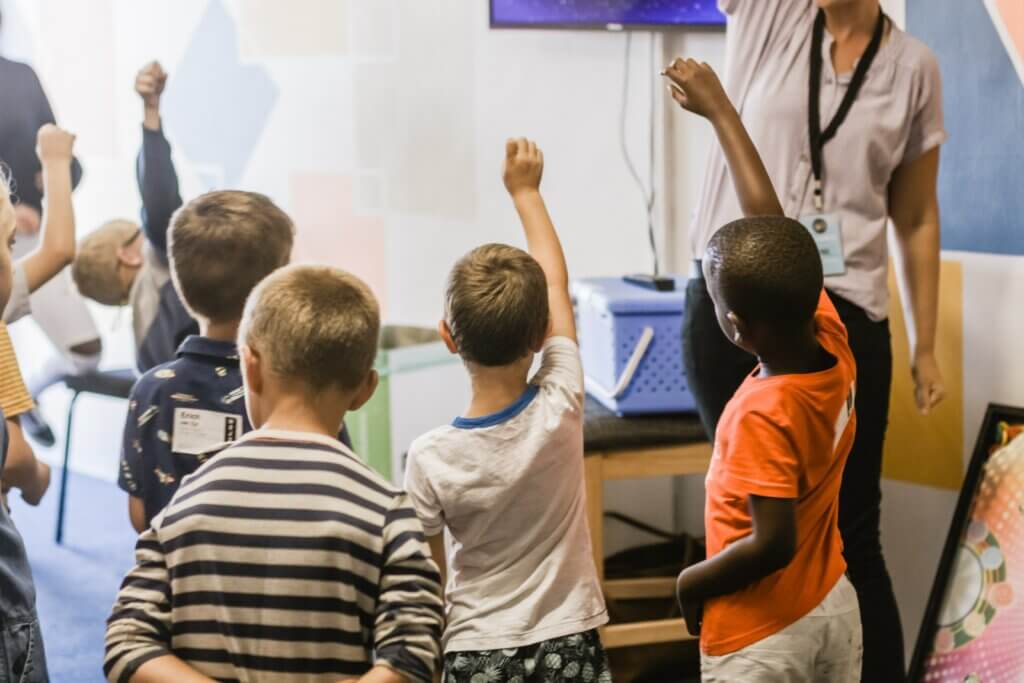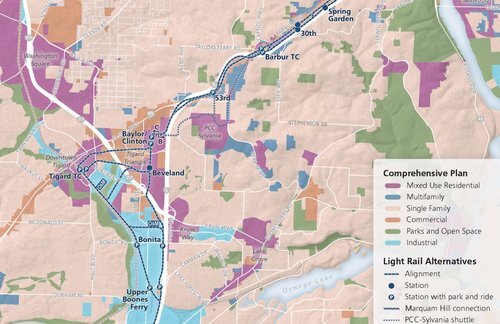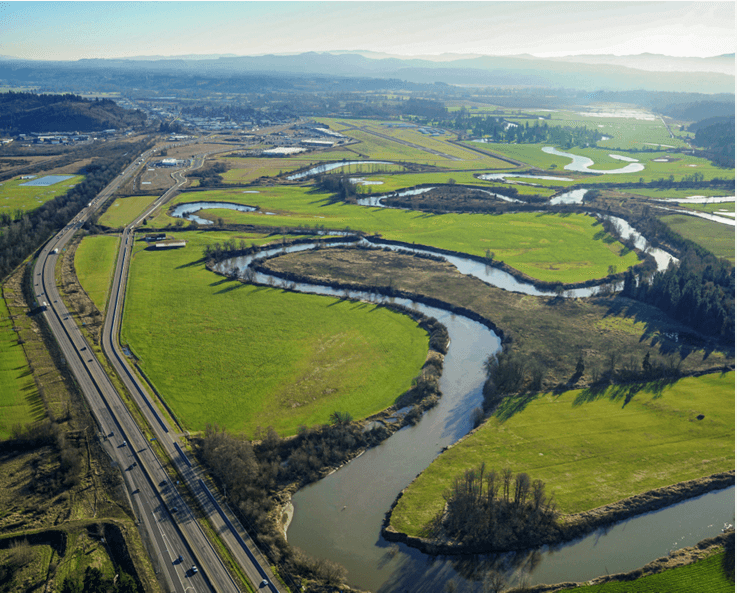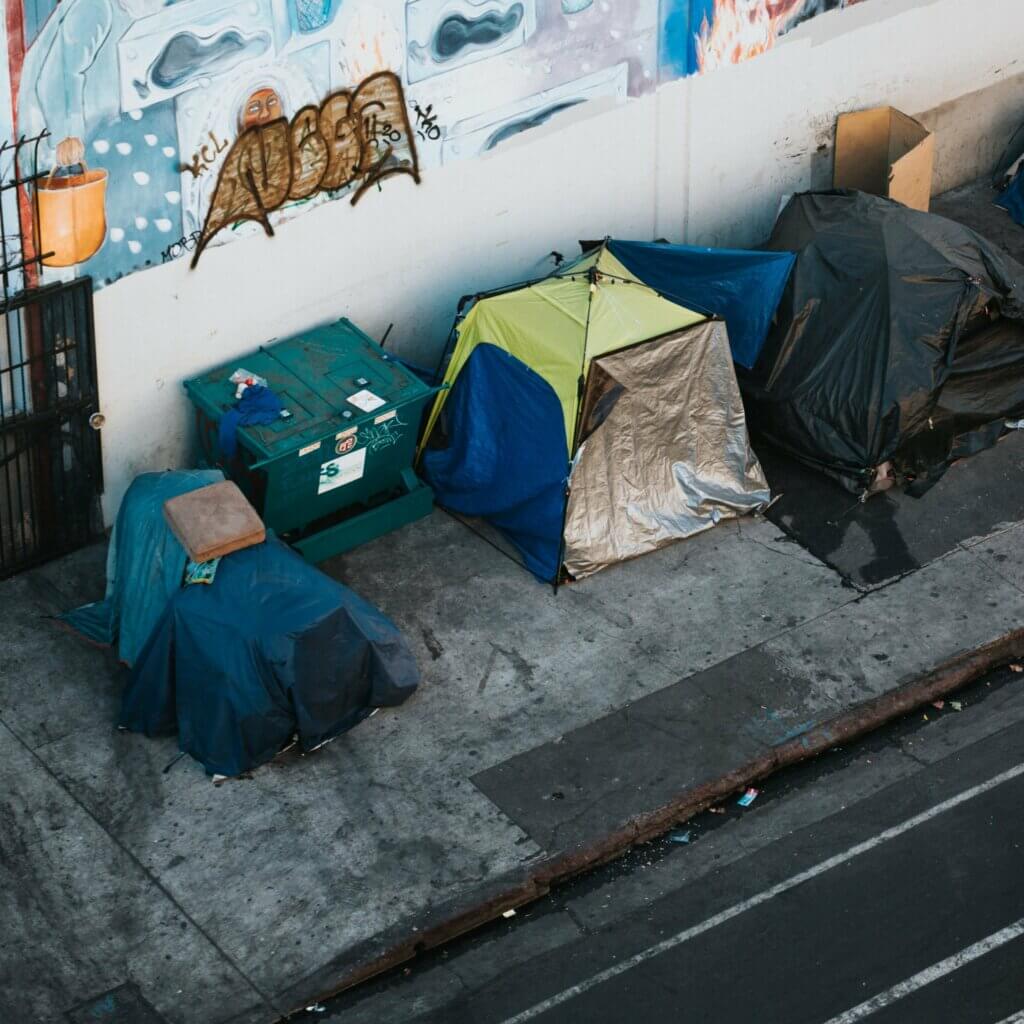Why equity matters to ECOnorthwest
Pursuing equitable policy outcomes
Our work shapes decisions that affect people’s lives and opportunities through public policy, investments, and resource allocation.
For much of our history, our insights focused narrowly on economic aspects of public good outcomes. We aimed to grow jobs, preserve the natural environment, and distribute the benefits of growth fairly.
But still, we found that the resulting growth was too concentrated, too uneven, and often unjust. Our work had missed an understanding that centuries-old laws and practices sit at the foundation of today’s highly unequal society. To achieve the societal outcomes we and our founders envisioned, we had to broaden our expertise to encompass sociology, qualitative research methods, and planning. And we had to develop intentional research processes to recognize how disproportionate distribution of power and resources continues to reinforce inequities today.
We have learned hard lessons along the way. Our work on the landmark spotted owl endangered species act designation was one of many contributors to economic decline in rural communities that persist today. We completed decades of housing needs work within an Oregon land use system that we now acknowledge enabled exclusion. And our 2017 research finding that elite universities discriminated against Asian Americans factored into the Supreme Court’s decision to overturn affirmative action. We are still grappling with the consequences of our participation in this case.
Today, we make sure to look back to move forward. We take seriously our responsibility to learn from this history and work to challenge inequity. The changes we are making to center equity and inclusion increase the rigor of our research, help us intentionally consider who is impacted by our work, and create a strong foundation for our continued growth.
What is equity at ECOnorthwest?
We embrace equity as both an outcome that we aspire to and a process to which we commit attention and deliberate action over time.
An equitable outcome is one where race, or other social and cultural markers like gender and sexuality, would no longer predict one’s life outcomes (for instance, in health, socioeconomic advantages, educational access, life expectancy, etc.). Our work focuses on advancing public policies that increase the likelihood of equitable outcomes.
To work toward equitable outcomes, we incorporate equity into our work through a process, a series of actions intended to better identify, question, and disrupt historically oppressive structures. Even with no intention of harm, an unexamined process can contribute to or reinforce systems of oppression. We strive for research processes that embed equity so that we can work together to create the alternative structures that will be necessary to achieve equitable outcomes.
ECOnorthwest’s
Research Equity Framework
We take deliberate steps to promote equity in policy and analysis as a process.
Lay the Foundation
As we build project scopes, we seek to:
- Understand historical context
- Explore ways to integrate lived experiences and qualitative data
- Build an understanding of power
- Be clear about the outcomes our research might contribute to, with particular attention to those most affected by racism and marginalization
Do the Work
As we do our project work, we seek to:
- Invest in trust and relationship building with our teams, clients, and partners
- Identify biases in available data sets and transparently document the implications of those biases for findings
- Disaggregate data to better confront racially disparate impacts and outcomes
- Anticipate and mitigate unintended consequences
Ongoing Maintenance
When we reflect on completed project work, we:
- Evaluate progress toward desired outcomes
- Commit to continuous improvement and ongoing learning
- Share and celebrate progress
Our work toward racial equity is informed and guided by the work of many partners and leaders, including the Government Alliance for Racial Equity (GARE), Race Forward, the People’s Institute for Survival and Beyond, researchers focused on Targeted Universalism, and the King County Office of Equity and Social Justice.









